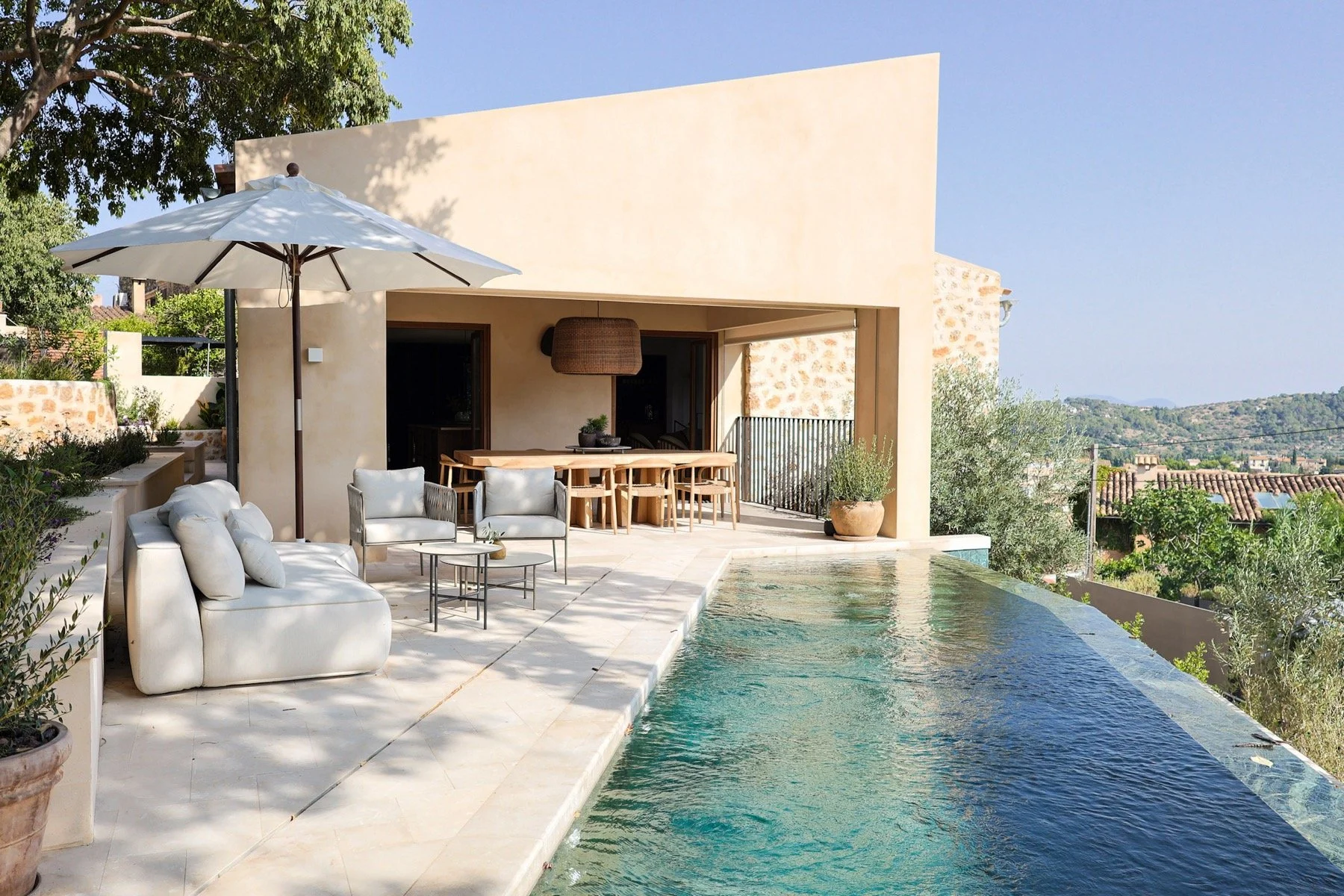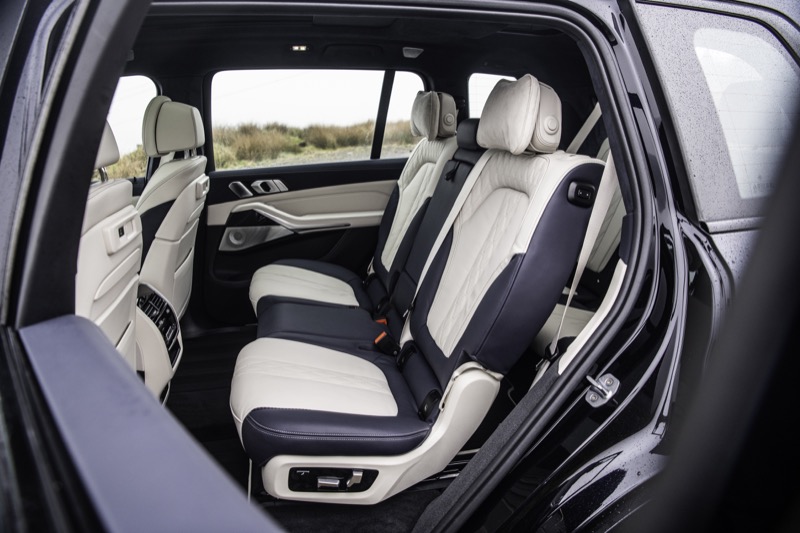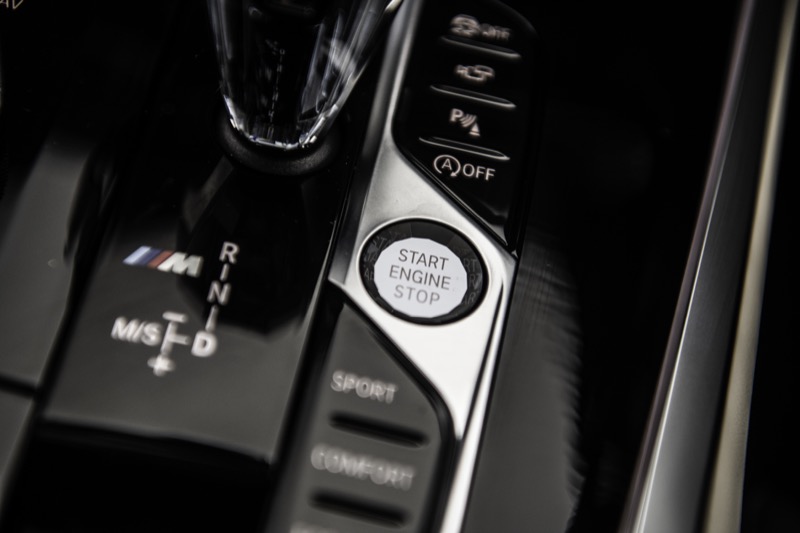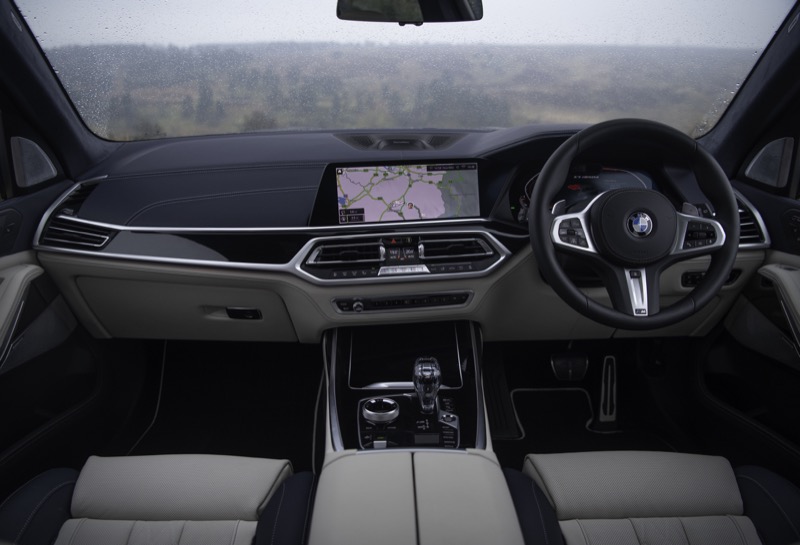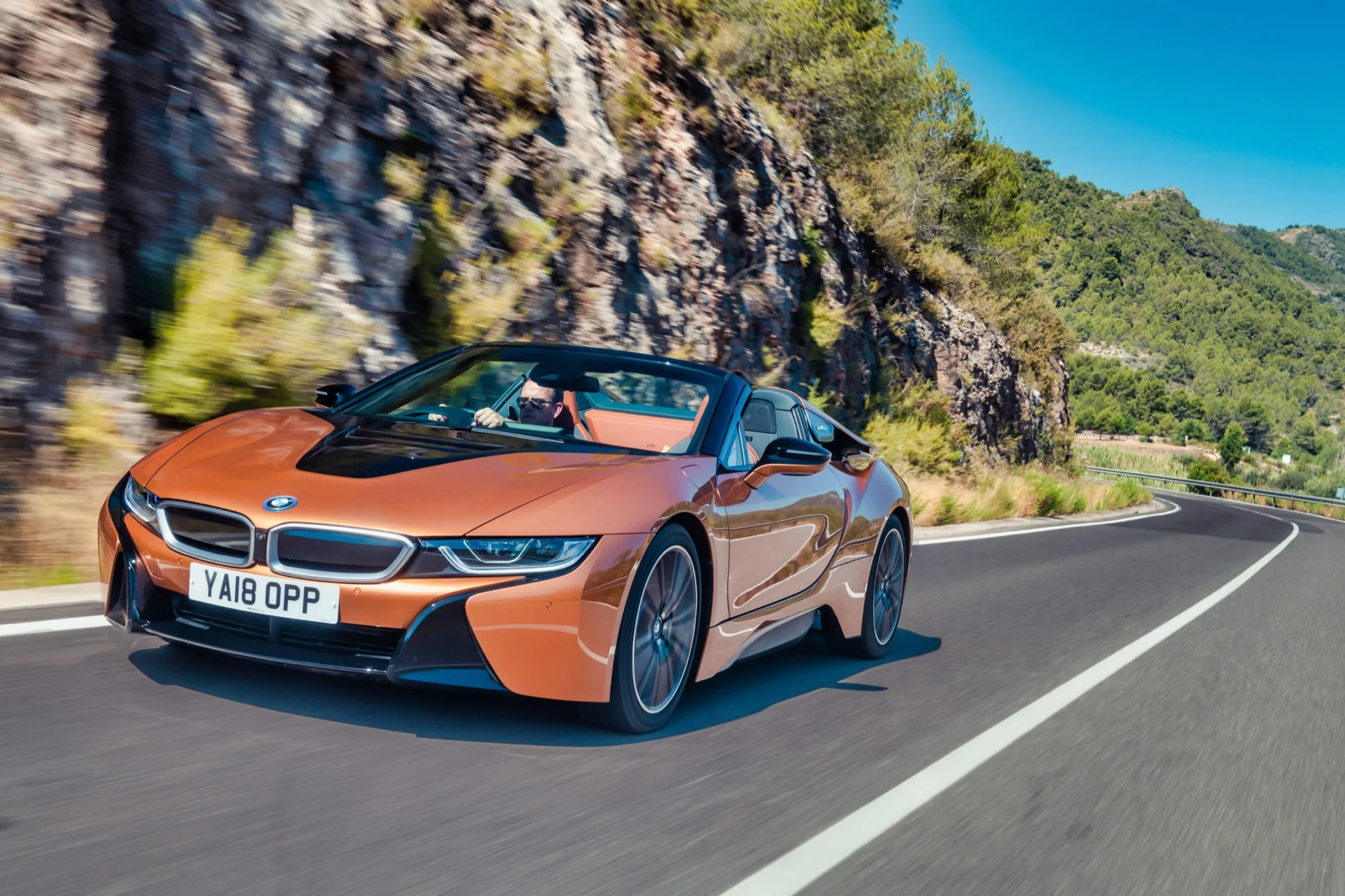The Big Question
James Fossdyke finds out whether bigger really is better in the world of luxury 4x4s...
Size, we’re constantly being told, does not matter. Whether you’re tall or short, fat or thin, light or heavy - they’re all totally irrelevant. But the car industry seems to disagree. Everywhere you look, cars are getting bigger and bulkier and more heavily laden. Of course, that’s partly down to safety regulations and the fact customers demand goodies such as air conditioning and electric seats, but it’s mainly because bigger is simply seen as a byword for better.
A case in point is the new BMW X7. The smaller X5 was already a huge, luxurious machine, but BMW and its customers wanted more. And so the X7 was born. Under the skin, it’s based on the same basic architecture that underpins the 7 Series limousine, but it’s been heavily modified to create what BMW rather self-deprecatingly calls the first SUV in its luxury car division. Apparently, the impressively well-appointed X5 just isn’t posh enough to qualify. And considering that car’s £50,000 price tag, powerful engines and mountains of on-board equipment, that says quite a lot about the X7.
But the thing that says most about the newcomer is its sheer presence. This 2.5-tonne 4x4 measures more than 5.1 metres in length, as well as more than two metres across. And at about 1.8 metres in height, it’s taller than most fully grown men. Add in the car’s bluff front end, enormous double radiator grille and square stance, and you’ve got something really menacing. Paint it black and it would slot straight into any self-respecting Bond villain’s convoy.
Around town, then, it’s the sort of car that people shy away from, but in the countryside it’s just unwieldy. Narrow bridges and oncoming traffic combine to produce backside-puckering results, and the huge length means tight corners require quite a bit of forward planning.
The trade-off for all that, though, is interior space. The X7 comes with seven seats as standard, and they are genuinely big enough for grown-ups. Even on a medium-length sort of journey - say an hour or so - a six-footer won’t grumble too much. There’s more than enough headroom and legroom is tolerable, if not excessive.
Of course, with those seats erected, the boot space does suffer somewhat, but it’s still capable of swallowing a couple of small holdalls or aeroplane hand luggage. Fold those two rear seats down (using the electric folding mechanism, obviously) and you’ll free up a far more usable 750 litres.
But no matter what you’re carrying or how many seats you’re using, nobody will want for luxury. There cabin is awash with USB ports for iPads and phones, and you can opt for a climate control system that allows for up to five different temperature settings around the car. You can have travel cushion-style headrests, too, while some seats get the option of heating and ventilation. Push the boat out and you can swap the central row of three seats with two ‘captain-style’ chairs with full electric adjustment, giving you the proper business jet experience.
The driver, however, gets more toys than anyone else. There are digital dials instead of conventional instruments, as well as a central touchscreen and a head-up display projected on to the windscreen. There’s even clever driver assistance tech that takes some of the strain away by combining the adaptive cruise control, which maintains a safe distance to the car in front, and lane-keeping assistance to keep you in the lane. You need to keep your hands on the wheel and look after complicated stuff like lane changes and junctions, but on the motorway, the car will almost drive itself.
Even so, BMW claims to be all about the “joy of driving”, and the X7 maintains some of the characteristics that make the smaller, sportier models so rewarding. The steering is brilliantly precise and perfectly weighted, so the car flows through bends despite its weight and bulk. That’s not to say the car hides its size - it still feels huge - but it manages its bulk well. More important, though, is the ride. It isn’t up there with Rolls-Royce levels of silkiness, but nor does it jar over bumps. And the enormous body is well controlled, too, so there won’t be any concerns about body roll-induced motion sickness threatening to spoil the leather.
The best bit, mind you, is found under the bonnet. Just three engines are available, with most models getting the choice of two 3.0-litre units. The basic option is the ‘30d’ diesel with 262bhp, but customers can have a ‘40i’ petrol version that produces 335bhp. Given the diesel’s superior economy, it’s probably the sensible choice of the two, although the 40i’s purring exhaust note is an appealing counter-argument. Even more appealing, however, is the M50d model. It uses the same 3.0-litre diesel engine as the 30d, but it’s tuned to produce a massive 395bhp. It’s by far the best engine, with effortless performance and decent economy. It even makes a surprisingly nice noise for a diesel.
Looking at that engine range, it might be easy to think the X7 is a performance 4x4, but don’t be fooled. It’s an unapologetically enormous luxury bus. If you want sporty, buy an X5. If it’s space and luxury you want from an SUV, then this is the BMW for you.
BMW X7 M5od
Engine: 3.0-litre straight-six diesel
Power: 395bhp
0-62mph: 5.4s
Top speed: 155mph
Price: £87,280
Halliwell Jones Sealand Road, Chester, Cheshire, CH1 4LS
t: 01244 393600
